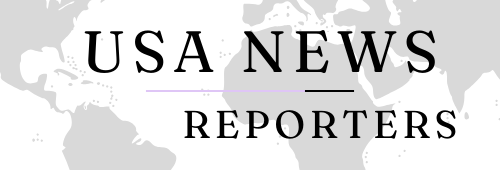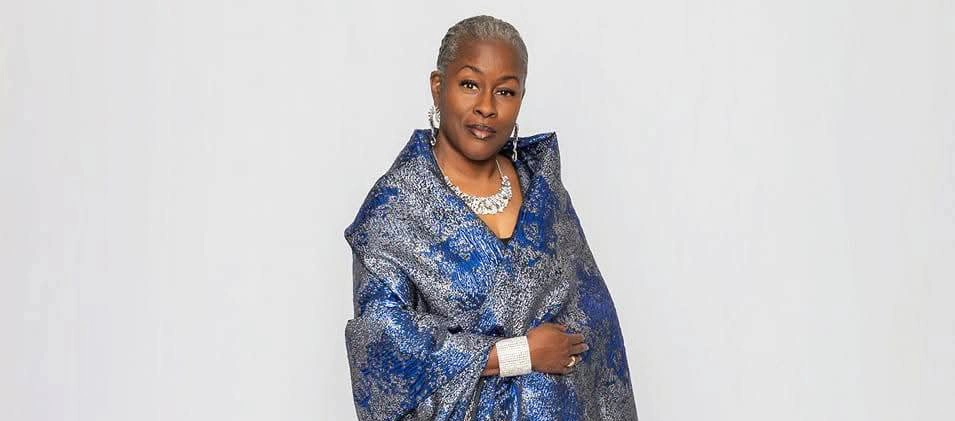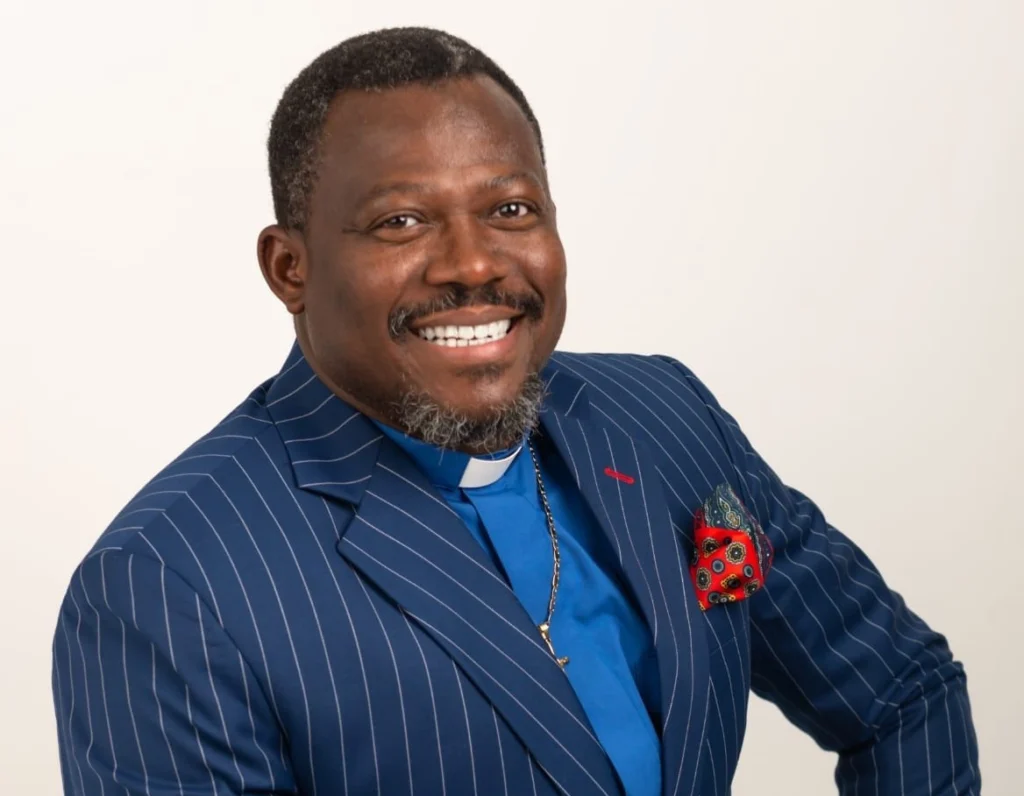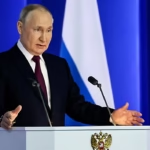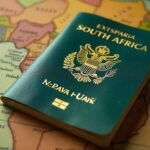South Korean Investigators Seek Indictment of President Yoon for Insurrection and Abuse of Power

South Korean investigators have formally requested that prosecutors indict President Yoon Suk Yeol on charges of insurrection and abuse of power, following his controversial declaration of martial law in December. The Corruption Investigation Office for High-ranking Officials (CIO), an independent body tasked with investigating high-ranking public officials, has named Yoon as the central figure in an alleged insurrection plot. This also implicates his former defense minister, Kim Yong-hyun, and several other military and police officials. The investigation and the subsequent political fallout have thrown the country into a deepening crisis, causing growing concern over South Korea’s stability, both domestically and internationally.
Yoon, who was impeached and suspended from office on December 14, has been in custody since January 15 while the CIO investigates his actions, particularly his attempt to impose martial law on December 3. The declaration of martial law, although reversed within hours by the National Assembly, shocked the nation and was widely seen as an unprecedented move by a sitting president. It added fuel to the existing political unrest and raised alarms regarding South Korea’s governance and democratic integrity.
The CIO, created in 2021 with the mandate to investigate top officials and their families for corruption, has led a joint investigation with the police and the Ministry of Defense. However, under South Korean law, the CIO is not authorized to prosecute, only to refer cases to the prosecutors’ office. As a result, prosecutors now have the responsibility to decide whether to formally charge Yoon. Investigators are seeking an extension of Yoon’s detention, which is set to expire around January 28, as they gather more evidence and testimony.
The CIO’s findings so far have been damning. Several officials, including Yoon’s former defense minister Kim Yong-hyun, have already been charged with insurrection. In addition, several military and law enforcement leaders have been indicted. Despite the gravity of the situation, Yoon has refused to cooperate with the investigation. His legal team argues that the CIO lacks the jurisdiction to investigate the president for insurrection and that the matter should be put on hold until the Constitutional Court rules on Yoon’s impeachment. Yoon’s lawyers have also claimed that any investigation into his actions should wait until the impeachment trial reaches a final verdict.
The case has turned into a high-stakes political and legal battle. Yoon’s refusal to cooperate has only complicated the investigation, according to CIO deputy chief Lee Jae-seung, who stated that it would be more efficient for prosecutors to take over the case. Lee also mentioned that several military officials had provided testimonies, claiming that Yoon attempted to arrest political figures and mentioned a potential second martial law order. Yoon, however, denies these accusations, asserting that his actions were not an attempt to impose military control, but rather a measure aimed at resolving political deadlock.
The dispute over authority is a significant issue in this case. Yoon’s defense team insists that the CIO’s investigation is illegal, as the agency’s mandate does not explicitly cover insurrection. A Seoul court ruled against Yoon’s legal team when they tried to prevent his arrest based on this argument. Yoon’s legal team has further argued that any criminal investigation should only proceed after the Constitutional Court determines whether he should be removed from office due to the impeachment.
The charge of insurrection is one of the few crimes for which a South Korean president has no immunity, and the penalty for such an offense is severe. While the death penalty remains a potential punishment for insurrection, it has not been carried out in South Korea for nearly three decades. Yoon has maintained that his actions were not aimed at fully imposing martial law, but instead were intended to push through measures to resolve the country’s political stalemate.
In a notable development, former defense minister Kim Yong-hyun, who is also facing charges related to the martial law attempt, appeared as a witness at a Constitutional Court hearing on Thursday. Kim, in his testimony, downplayed the severity of the martial law order, arguing that the small number of troops mobilized suggested that Yoon was not serious about using military force to control the government. Yoon himself also attended the Constitutional Court hearing, where he denied any plans to forcibly remove lawmakers or seek emergency powers for legislative control.
As the investigation continues, South Korea’s political and legal systems are under intense scrutiny. The country’s future stability, both politically and economically, hangs in the balance as public opinion and legal rulings will play pivotal roles in shaping the next chapter of this unprecedented crisis.

